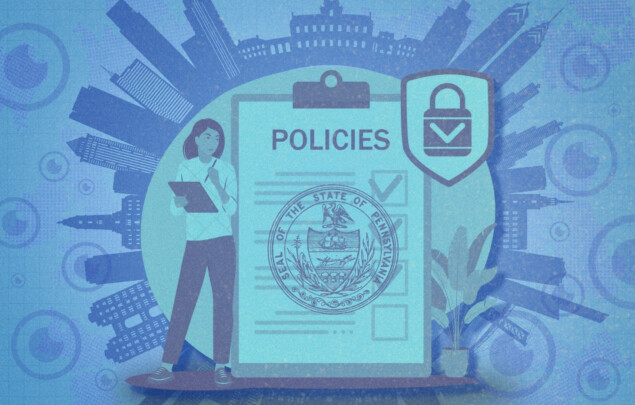A Guide To Pennsylvania’s Consumer Data Privacy Act (PCDPA)
A Guide To Pennsylvania's Consumer Data Privacy Act (PCDPA)

Create a tailored Privacy Policy, Terms & more in under 5 minutes.

California Gov. Gavin Newsom signed the California Delete Act into law on October 10, 2023, aimed at letting consumers delete their personal information in the hands of data brokers in California, an update to the state’s data privacy regulations. In this article, we’ll delve into the details of the California Delete Act, exploring its key provisions, implications, and the wider context of data privacy in the digital age.
On October 10, 2023, Governor Newsom signed into law SB 362, known as the “California Delete Act” or “Delete Act”, which had been passed by the legislature at the end of the 2023 legislative session on September 14. The Delete Act amends California’s existing Data Broker Registration law (Cal. Civ. Code Section 1798.99.80 et. seq).
The California Delete Act has five key takeaways that form the backbone of this legislation:
As of the last update in January 2024, California businesses must be fully compliant with the California Delete Act. Failure to comply can lead to significant fines and penalties, emphasizing the need for businesses to promptly adhere to the law. The Act mandates the CPPA to establish a public “deletion mechanism” by January 1, 2026. This mechanism allows consumers or authorized agents to submit a verifiable request for data brokers to delete their personal information. The CPPA must offer this service at no cost to consumers, making it easily accessible online, akin to the National Do Not Call Registry.
The California Delete Act is a major milestone, signaling a shift in how we handle digital interactions. Strengthening consumers with greater control over their personal information, the Act encourages a move towards transparent and ethical data practices. This impact extends beyond California, with similar privacy initiatives gaining traction nationwide and globally.
For businesses intentionally collecting, selling, or licensing personal data from consumers they don’t directly engage with, seeking legal advice and promptly registering is essential. The registration process is quick and cost-effective, offering potential protection against higher fines and increased regulatory scrutiny. This precaution becomes crucial as privacy protections gain momentum across the country.
The California Delete Act safeguards privacy rights in an age where data is valuable. Allowing people to delete personal information, curbing data profiling, and ensuring clear opt-out choices, this law sets a strong standard for digital privacy. As others adopt similar steps, the California Delete Act guides toward a future where privacy is a clear right, not just a privilege.